The Houston Rockets, a battleground of the future and the present
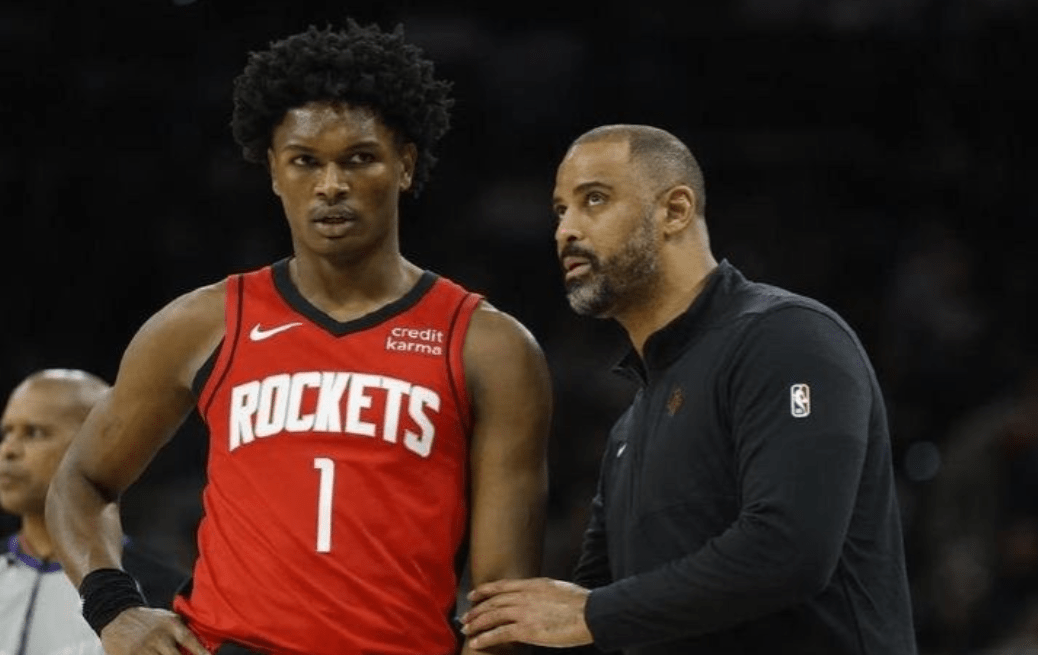
What is the Rockets' strategy: to focus on the future or to push for immediate success? This question has become a hot topic among the team and its fans after two consecutive losses. From head coach Ime Udoka's subtle suggestion that no one in the team can step up in critical moments to the continuous rumors about the potential trade of De'Aaron Fox, each piece of news has struck a nerve with Rocket fans. It begs the question: how did this team, which was supposed to make a big comeback, suddenly fall into a state of confusion?
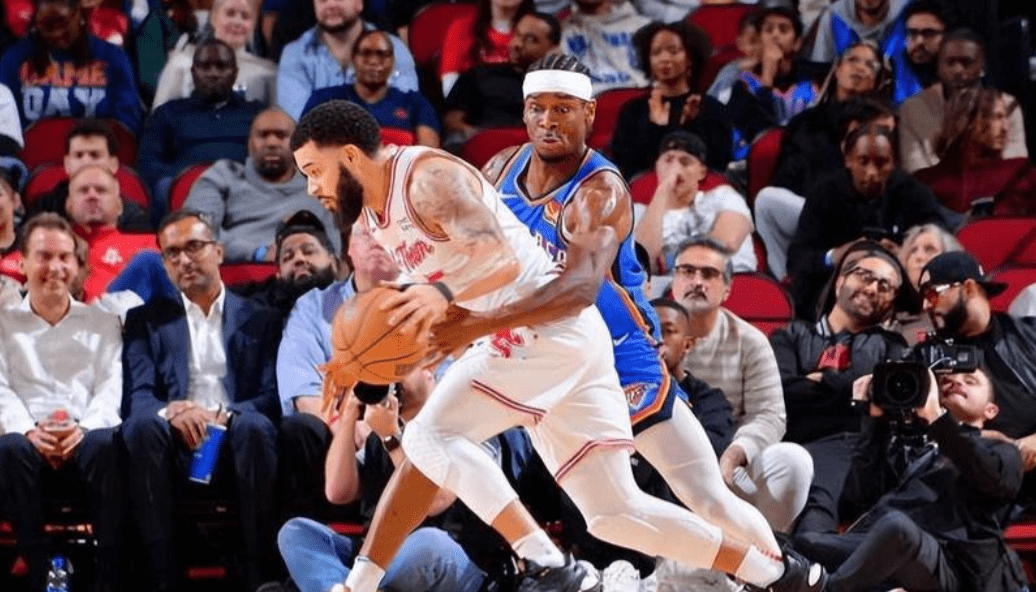
Two consecutive losses have exposed the Rockets' vulnerabilities. First, they faced the Minnesota Timberwolves, leading most of the game only to collapse in the fourth quarter; then, against the Miami Heat, they repeated the same mistake, faltering again at a crucial moment. After the game, Udoka candidly admitted, "The team currently lacks someone who can take charge in decisive moments." This statement is straightforward and quite pointed.

Interestingly, in the face of offensive struggles, the Rockets' backcourt duo of Fred VanVleet and Jalen Green stood out as particularly "eye-catching." Statistics show that in these two losses, the two combined for nearly 70 attempts but only made 23 shots. In other words, their efficiency with the ball was extremely low, yet they occupied the majority of shooting opportunities. What about the frontcourt player, Alperen Sengun?

Despite his hot hand, he took fewer than 40 shots but made 24, a stark contrast that makes one scratch their head. The Rockets' problems are not just due to an ineffective backcourt but also because their offensive direction is unclear, completely ignoring who on the court is in better form.
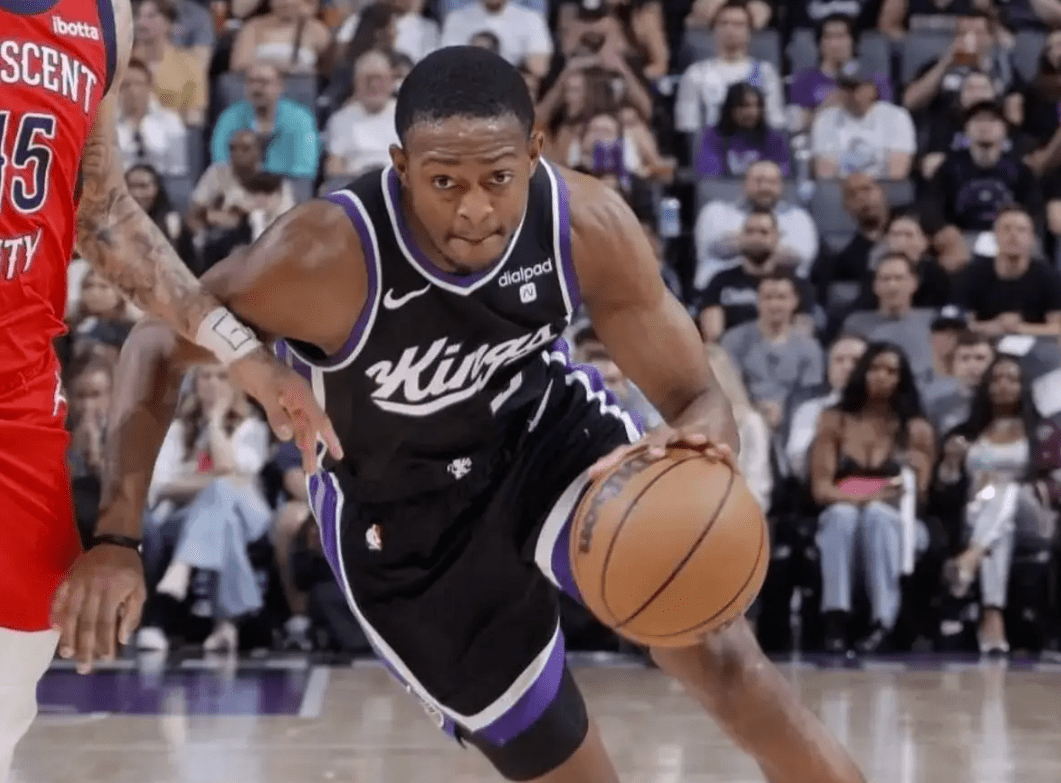
Making matters worse, off-court factors have also added to the chaos. Udoka's lack of composure has begun to show. During the game against the Timberwolves, he and his players repeatedly clashed with referees over controversial calls, significantly affecting morale and execution at key moments. While consecutive losses are not alarming, exposing management and on-court discipline issues is something the Rockets should be concerned about in the long run.
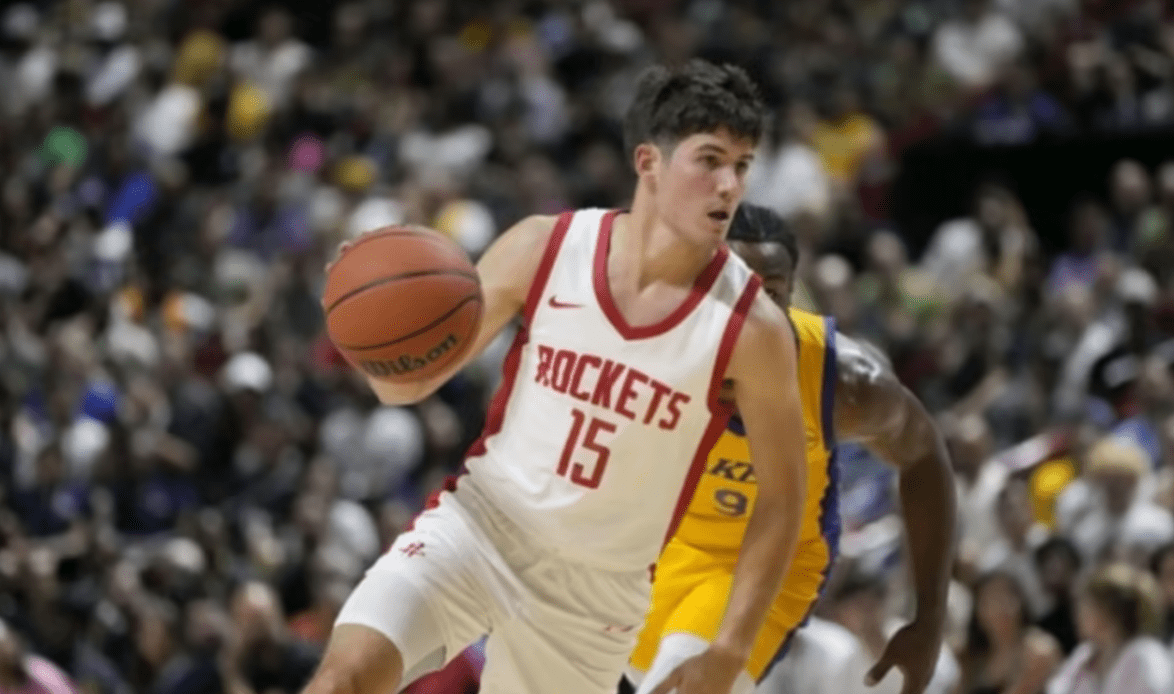
In response to the current situation, public opinion quickly pushed the Rockets into the center of the trade market spotlight. According to media reports, the Sacramento Kings' core guard De'Aaron Fox could become a trade target, with the Rockets being the frontrunners to acquire him. This sounds like an opportunity to solve an urgent problem, but upon seeing the trade proposals, even the most patient Rocket fans would find it hard to hold back their frustration.

According to ESPN's proposal, if the Rockets want to acquire Fox, they would have to give up Fred VanVleet, Kenyon Martin Jr., Jaden Ivey, and multiple future first-round picks. Jaden Ivey? Even this promising forward, who fans had high hopes for, was included!

This proposal quickly sparked heated discussions online, with many fans even angrily criticizing the management: talent is cultivated gradually; trades cannot be conducted haphazardly like dismantling a house!
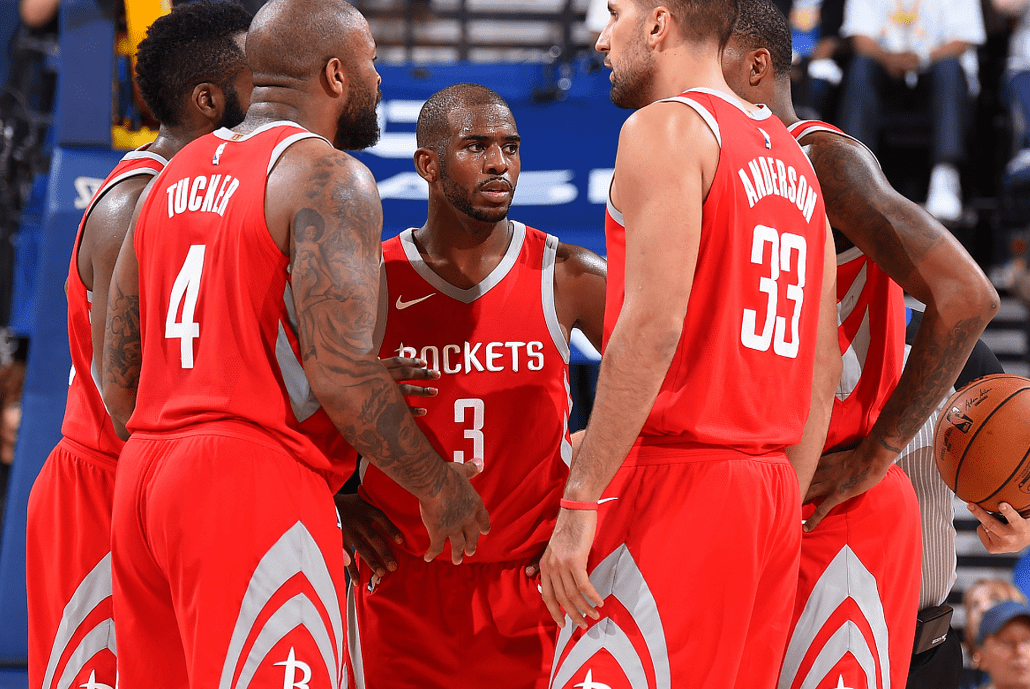
Some believe that Fox can bring immediate impact, and his speed, penetration ability, and clutch performance can indeed address the Rockets' backcourt slump. However, Fox is not a panacea. His shooting is inconsistent, his defensive intensity is average, and there are doubts about his compatibility with young guards like Jalen Green. In such a scenario, if the Rockets spend a fortune on Fox only to find him unsuited to the team, it will not only fail to improve the current situation but also cause serious harm to the team's long-term planning.
The question of whether to trade or not has become the biggest suspense for the Rockets' future plans. To put it bluntly, this is not just an issue of immediate combat effectiveness but a matter of balancing the team's immediate needs and long-term interests.
The Rockets actually have a good hand of cards. Kenyon Martin Jr., selected from the draft, is considered an "ace," rumored to be a key target for the Kings. As a top shooter with immense potential, many basketball pundits view him as a player who could average at least 20 points in the future. Including such a young and promising player in the trade package for Fox seems akin to dismantling one's own backyard.
Even more anxiety-provoking for Rocket fans is whether the team can maintain competitiveness after a successful trade, which would depend on re-signing these players. If the team fails to retain talent in the future, the "grace period" brought by trading for Fox might last only one or two years.
If trading for Fox is seen as a high-risk, high-reward gamble, then "focusing on the future" is more like a steady investment. The Rockets currently have a substantial reserve of draft picks, ranking high in the league, and the value of these assets is entirely controllable. Using these resources to bet on a future star rookie is much safer than hastily trading for immediate combat effectiveness.
Just like the Boston Celtics in the past, who rose to become a top team in the league by precisely utilizing draft picks to cultivate Jaylen Brown and Jayson Tatum, patience and planning are the fundamental principles for achieving true success, rather than the pursuit of quick wins.
Of course, it is not fair to attribute all the problems to whether or not to trade. Head coach Ime Udoka's management and adjustment abilities are an indispensable part of the Rockets' rebuilding journey. The off-court distractions revealed during the losing streak ultimately stem from an immature system. Udoka's resume proves that he has the capability to lead the team out of difficulties, but if he cannot establish clear goals and discipline within the team, trading for any star may be futile.
The current Rockets are not lacking in talent. From Jalen Green to Alperen Sengun, from Kenyon Martin Jr. to Jaden Ivey, each of them appears to be a potential cornerstone for the team's future. The issue is that they need to grow and require the team environment to provide sufficient patience and time for cultivation.
The Rockets' goal may not be to blindly chase immediate combat effectiveness to quickly enter the playoffs but to polish a stable core capable of contending for championships in the coming years. In this process, the courage and strategic capabilities of the management will be the key determinant of their direction.
The Rockets' current dilemma, in essence, is a tug-of-war between the short term and the long term. Impulsive trades may sound attractive, but whether they are suitable remains uncertain. Instead of risking the future to prove the present, it is better to exercise patience and sharpen the talents already in hand. A hundred-meter dash cannot compete with a marathon; the key lies in endurance—this lesson must eventually be learned if the Rockets are to truly rise.